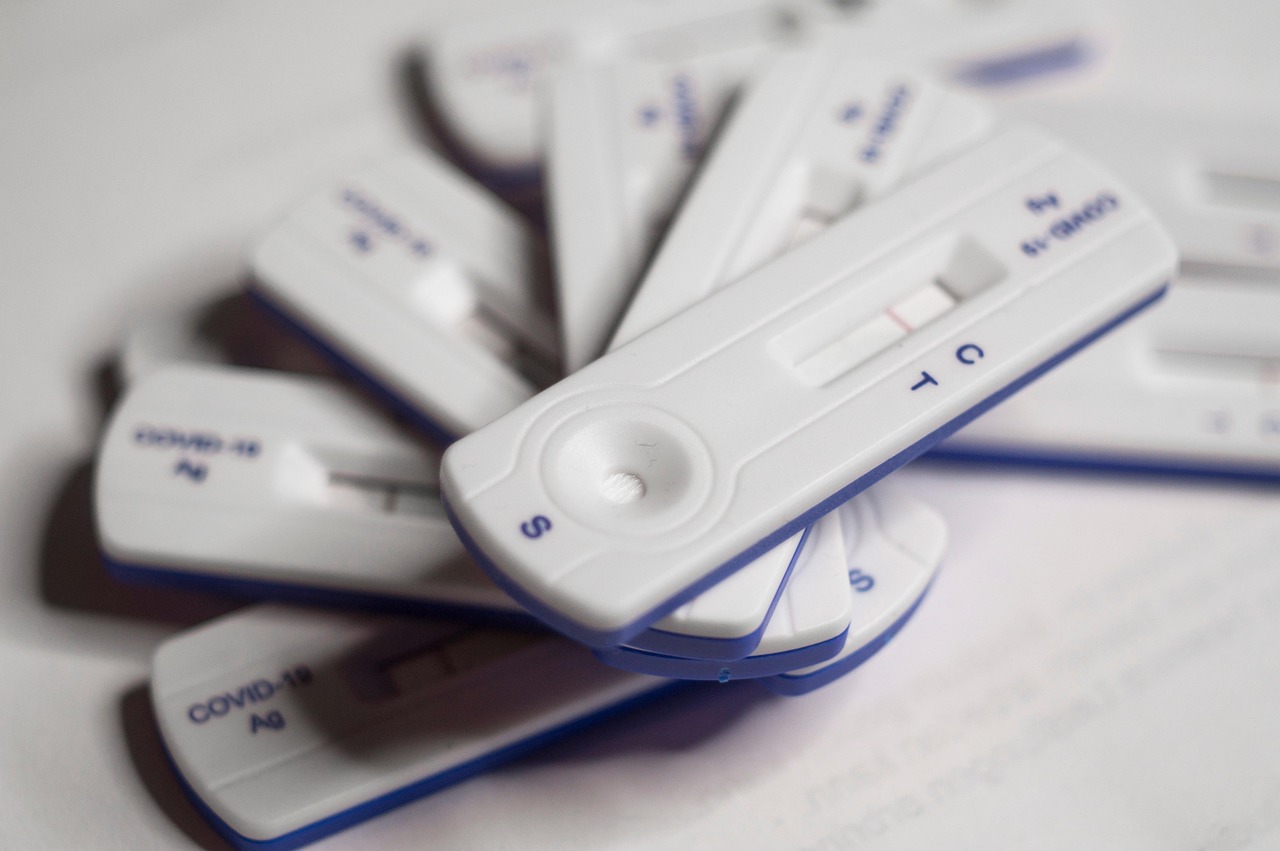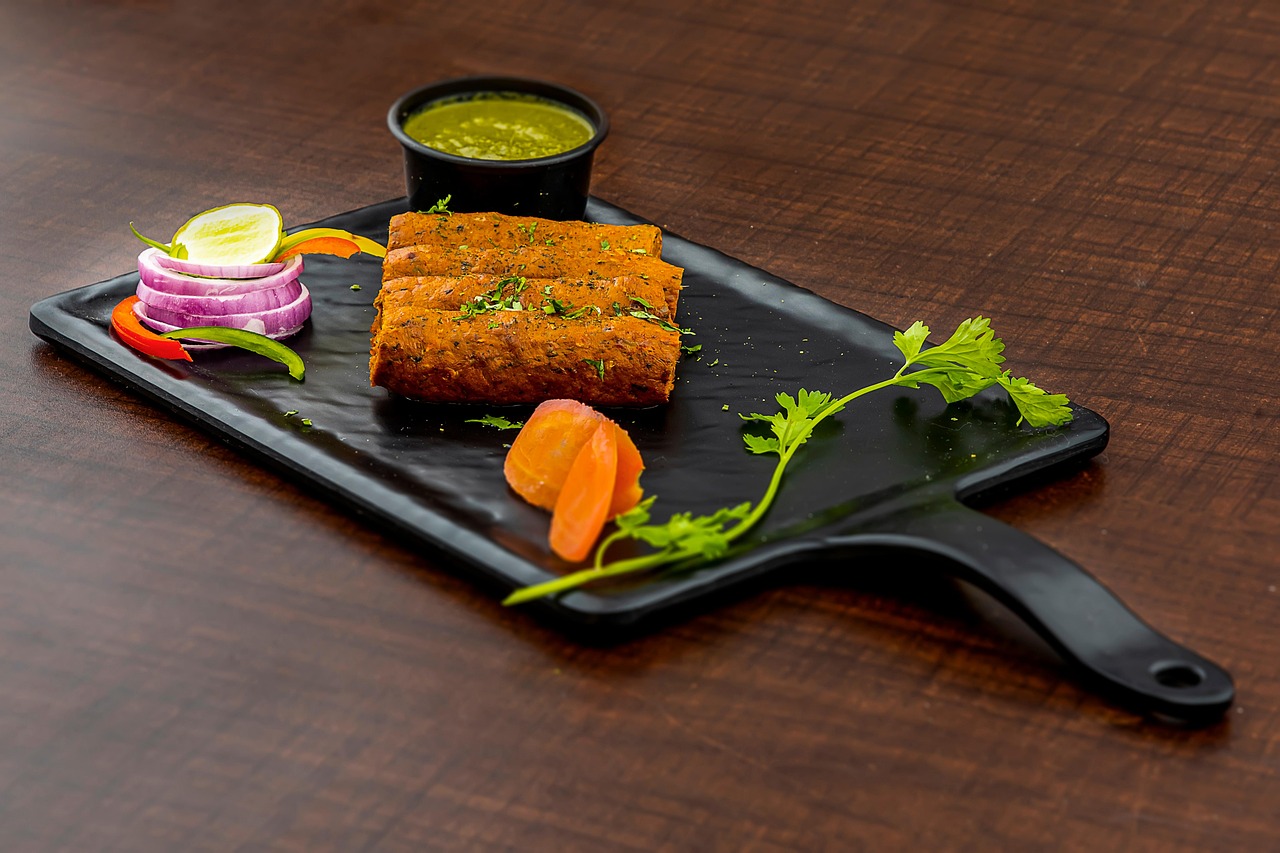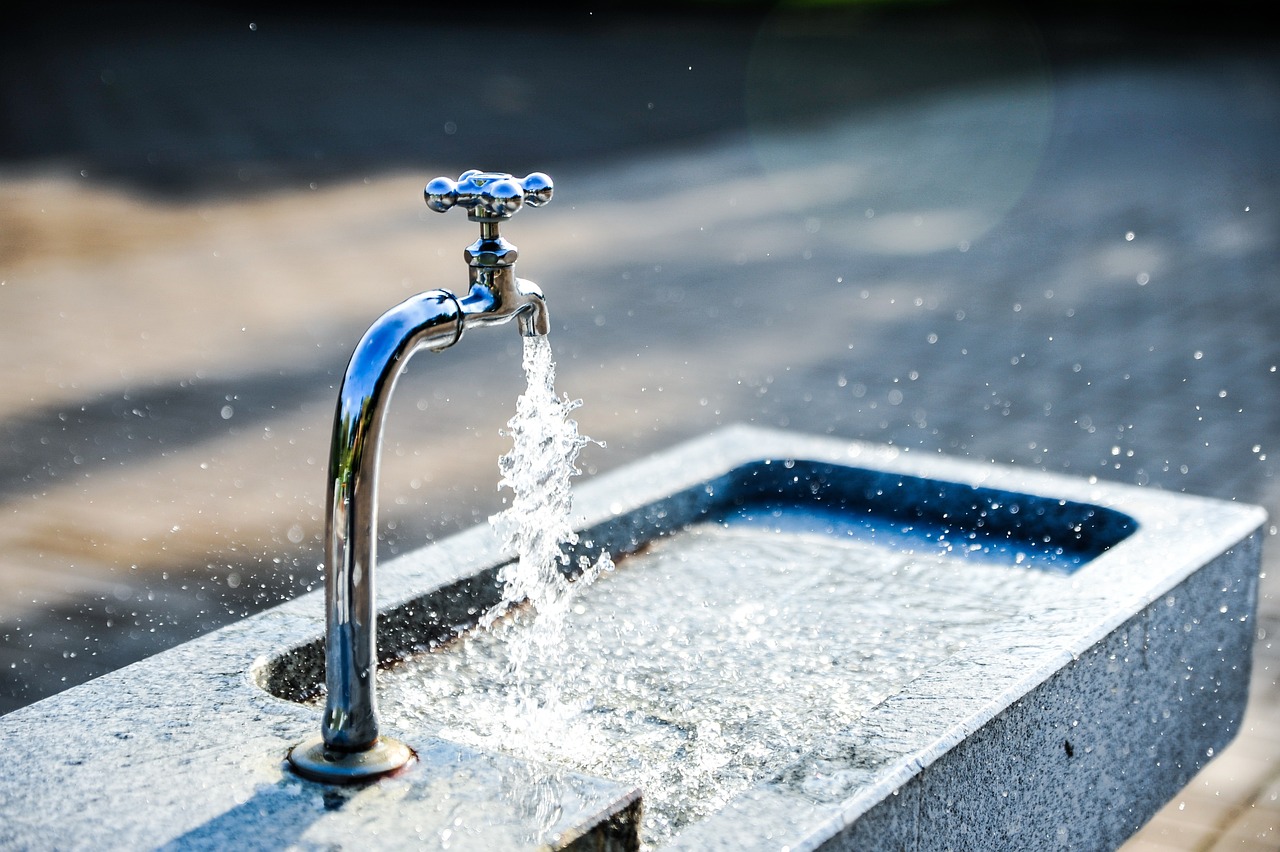This article explores the guidelines and considerations regarding water consumption before a fasting blood sugar test, providing insights into its effects on test results and overall health.
Understanding Fasting Blood Sugar Tests
Fasting blood sugar tests are essential diagnostic tools used to evaluate diabetes and monitor glucose metabolism. During this test, blood is drawn after a period of fasting, typically lasting 8 to 12 hours. The primary purpose of the test is to measure the concentration of glucose in the bloodstream, which is crucial for determining how well the body manages sugar. This procedure is significant in medical assessments as it helps identify potential metabolic disorders.
Why Fasting is Required
Fasting is critical before blood sugar tests to ensure accurate results. When a person fasts, it allows for a baseline measurement of blood glucose levels without the influence of recent food intake. This section discusses how fasting impacts glucose levels and emphasizes the need for consistency in the testing process.
The Role of Water in Fasting
The question of whether to drink water while fasting can be confusing. Generally, drinking water is permitted and even encouraged, as it does not contain calories and can help maintain hydration. This section clarifies the guidelines surrounding water consumption and how it may influence the outcomes of the test.
Effects of Water on Blood Sugar Levels
Understanding the physiological effects of hydration during fasting is vital. Water plays a crucial role in various metabolic processes, including glucose metabolism. This section delves into how adequate hydration can help maintain stable blood sugar levels, potentially leading to more reliable test results.
Expert Recommendations on Water Intake
Medical professionals often recommend drinking water before fasting tests to stay hydrated. Experts advise that individuals should consume enough water to prevent dehydration, which can affect overall health and test accuracy. This section summarizes various expert opinions and guidelines regarding water intake before a fasting blood sugar test.
Common Myths About Fasting and Water
There are many misconceptions surrounding fasting and water intake. Some believe that any fluid intake can skew test results. This section debunks these myths, clarifying what is acceptable and what should be avoided before a fasting blood sugar test.
Preparing for Your Fasting Blood Sugar Test
- Understand the fasting duration required.
- Consult with your healthcare provider regarding water intake.
- Stay hydrated leading up to the test.
- Avoid strenuous exercise before the test.
When to Avoid Drinking Water
While water is generally allowed, certain medical conditions may require individuals to avoid drinking water before the test. For instance, specific procedures may necessitate complete fasting. This section discusses scenarios where avoiding water is crucial for optimal results.
Hydration and Overall Health
Staying hydrated is essential for overall health, even before a fasting test. Proper hydration supports various bodily functions, including digestion and temperature regulation. This section highlights the broader benefits of maintaining adequate hydration beyond just blood sugar testing.
Potential Risks of Dehydration
Dehydration can pose significant health risks, especially during fasting. Insufficient water intake can lead to complications such as dizziness, fatigue, and impaired cognitive function. This section outlines the potential health risks associated with dehydration and its implications for blood sugar testing.
What to Expect During the Test
Understanding the testing process can alleviate anxiety. During a fasting blood sugar test, individuals can expect a simple blood draw, usually from the arm. This section describes the procedure and emphasizes the importance of hydration in ensuring a smooth experience.
Post-Test Recommendations
After completing the fasting blood sugar test, proper care is essential. Individuals should hydrate adequately and consume a balanced meal to restore energy levels. This section provides guidance on post-test care, including hydration and dietary considerations for optimal recovery.
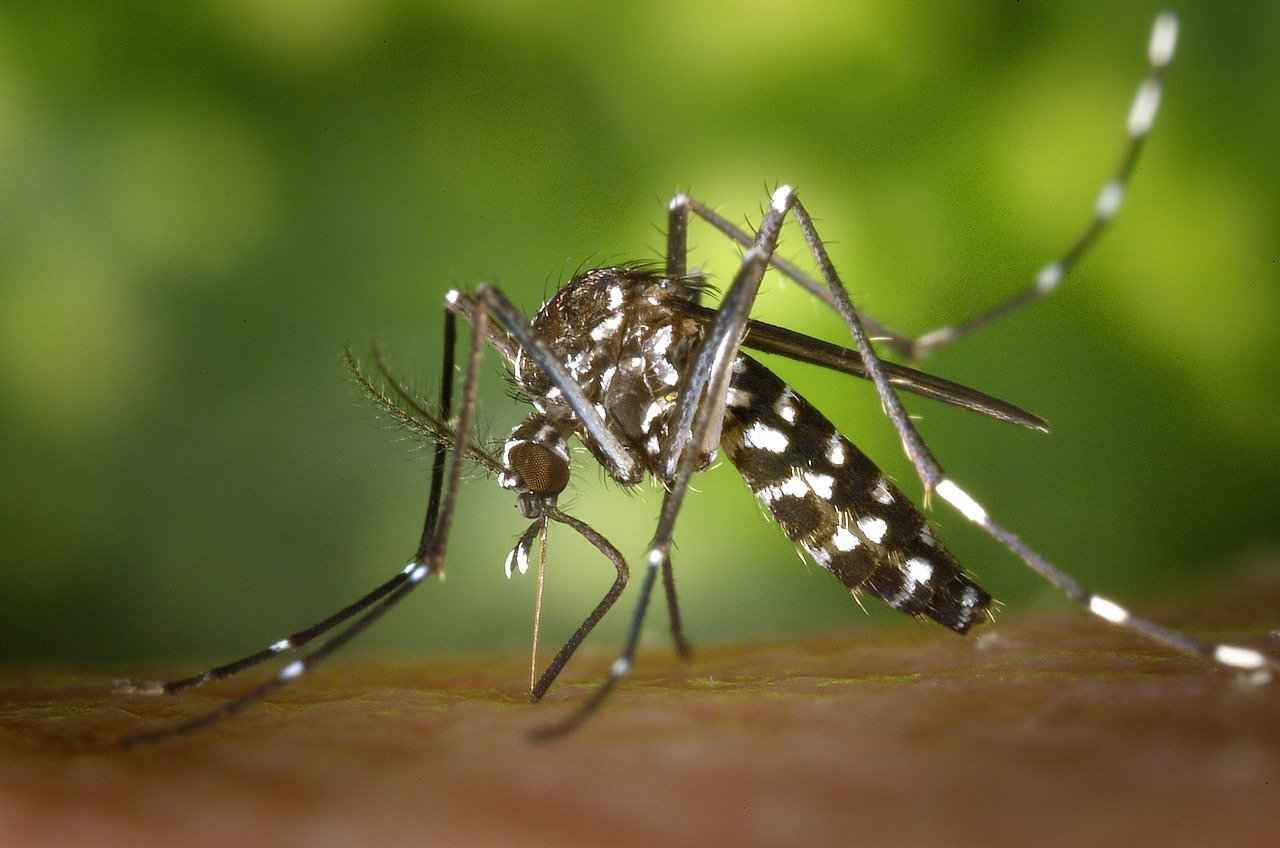
Understanding Fasting Blood Sugar Tests
is essential for anyone concerned about their health, particularly in relation to diabetes. These tests are a cornerstone in diagnosing diabetes and evaluating how well the body manages glucose. The importance of these tests cannot be overstated, as they provide critical insights into an individual’s metabolic health.
A fasting blood sugar test measures the level of glucose in the blood after an overnight fast, typically lasting at least 8 hours. This test is usually conducted in a clinical setting, where a healthcare professional will draw a blood sample for analysis. The results are then compared to established normal ranges to determine whether an individual has normal glucose levels, prediabetes, or diabetes.
Purpose of Fasting Blood Sugar Tests
- Diagnosing diabetes: A fasting blood sugar level of 126 mg/dL or higher indicates diabetes.
- Assessing prediabetes: Levels between 100 mg/dL and 125 mg/dL suggest prediabetes, a condition that increases the risk of developing type 2 diabetes.
- Monitoring glucose metabolism: These tests help healthcare providers assess how well an individual’s body processes sugar, which is vital for managing diabetes effectively.
Procedure of the Test
The procedure for a fasting blood sugar test is straightforward. Patients are advised to refrain from eating or drinking anything except water for at least 8 hours before the test. Upon arrival at the testing facility, a healthcare professional will use a needle to collect a blood sample, which is then sent to a laboratory for analysis. Results are typically available within a few days.
Significance in Medical Assessments
Fasting blood sugar tests are significant for several reasons. Firstly, they provide a clear snapshot of how the body is handling glucose without the interference of food intake, which can cause temporary spikes in blood sugar levels. Secondly, they are a vital tool for early detection of diabetes, allowing for timely intervention and management strategies to prevent complications.
Moreover, these tests can help in tracking the effectiveness of dietary changes, medications, or lifestyle adjustments in individuals already diagnosed with diabetes. Regular monitoring can lead to better health outcomes, making fasting blood sugar tests an indispensable part of diabetes care.
In summary, understanding fasting blood sugar tests is crucial for anyone at risk of diabetes or those managing the condition. By providing valuable insights into glucose metabolism, these tests play an essential role in promoting better health and preventing the complications associated with diabetes.
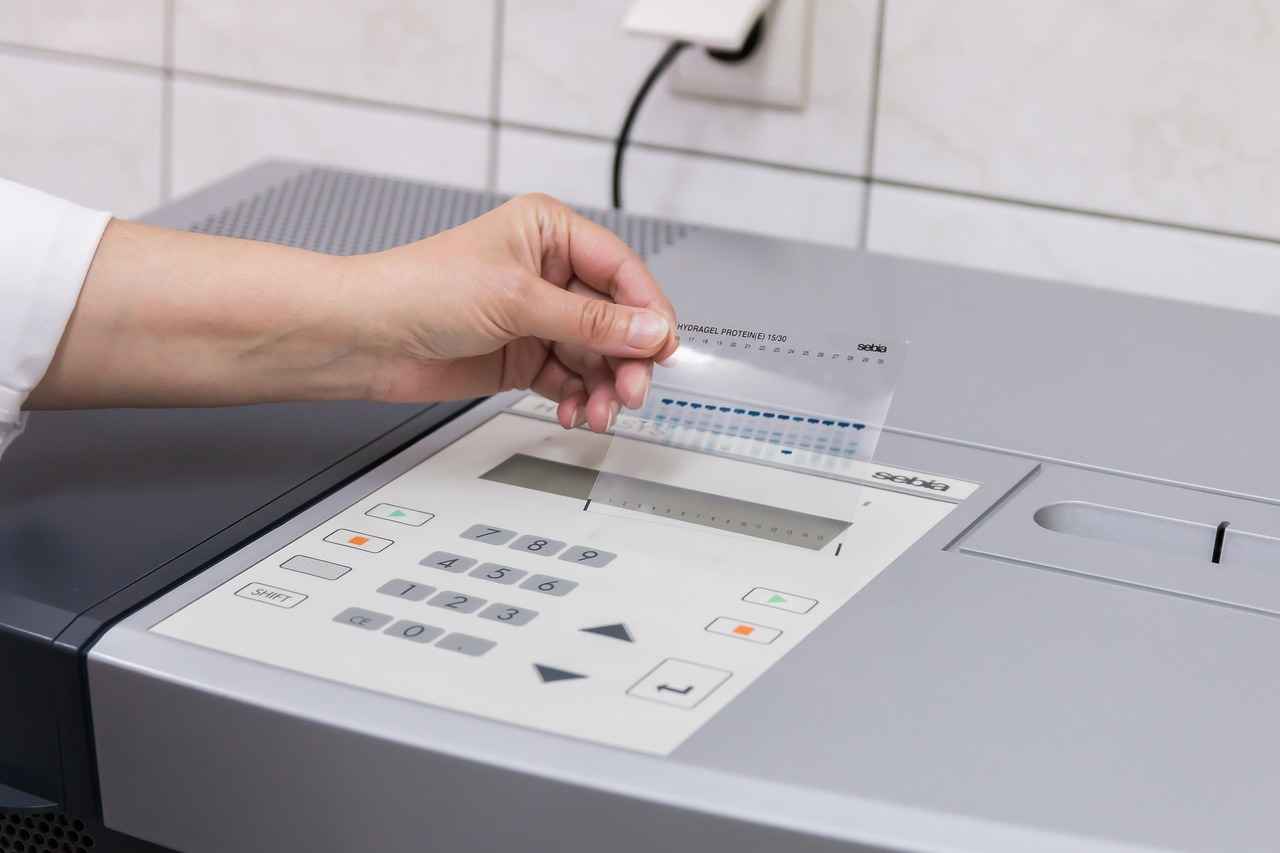
Why Fasting is Required
Fasting before a blood sugar test is a critical step that ensures the accuracy of the results. This process involves abstaining from food and, in many cases, beverages for a specified period, typically 8 to 12 hours. Understanding why fasting is necessary can help individuals prepare effectively and alleviate any concerns regarding the testing process.
When you consume food, your body breaks it down into glucose, which enters your bloodstream, causing your blood sugar levels to rise. If you were to eat or drink before the test, the glucose from these substances would skew the results, potentially leading to a misdiagnosis or incorrect assessment of your glucose metabolism. Therefore, fasting allows for a baseline measurement of your blood sugar levels, providing a clearer picture of how your body manages glucose without any external influences.
During a fasting blood sugar test, the healthcare provider typically draws blood from a vein in your arm after the fasting period. This sample is then analyzed to determine your blood glucose level. The results can indicate whether you have normal glucose levels, prediabetes, or diabetes. Hence, the integrity of the fasting period is paramount for reliable outcomes.
Additionally, fasting helps to eliminate variables that could affect the test results. For example, certain foods and drinks can cause temporary spikes in blood sugar levels, which can lead to false positives in diabetes testing. By adhering to the fasting guidelines, you ensure that the results reflect your body’s natural state, free from the influences of recent dietary intake.
Moreover, fasting can also help in assessing the body’s insulin response. In a non-fasting state, the pancreas may release insulin in response to food intake, which can complicate the understanding of how well the body is managing blood sugar levels. By fasting, the test can provide insight into how the body regulates blood sugar independently.
It is important to note that while fasting is essential, it is equally crucial to follow any specific instructions provided by your healthcare provider. Some individuals may have conditions that require modified fasting protocols, such as those with diabetes or other metabolic disorders. Always consult your doctor if you have any concerns about fasting before the test.
In summary, fasting is a vital component of blood sugar testing. It ensures that the results are accurate and reflective of your body’s glucose management capabilities. Understanding the importance of this process can help you approach your test with confidence, knowing that you are taking the necessary steps for accurate diagnosis and effective management of your health.

The Role of Water in Fasting
The role of water during fasting is often a topic of debate, especially when it comes to fasting blood sugar tests. Many individuals wonder if drinking water is permissible and how it may affect the outcomes of their tests. Understanding this can help ensure accurate results and maintain overall health.
Fasting blood sugar tests are designed to measure the body’s glucose levels after a period of fasting, typically 8 to 12 hours. During this time, the body is expected to be in a state of metabolic equilibrium, providing a clear picture of how well the body manages sugar without the influence of recent food intake. However, the question remains: Can you drink water during this fasting period?
Generally, drinking water is allowed and even encouraged during fasting. Hydration plays a crucial role in maintaining bodily functions, and it does not significantly influence blood sugar levels. In fact, staying hydrated can help mitigate feelings of hunger and discomfort that often accompany fasting. According to medical experts, water does not contain calories or carbohydrates, meaning it will not interfere with the test results.
However, it is essential to consider a few factors regarding water consumption:
- Quality of Water: Always opt for clean, filtered water. Avoid flavored or mineral waters that may contain additives.
- Quantity: While it is important to stay hydrated, excessive water intake right before the test can lead to a dilution of blood samples, potentially skewing results.
- Timing: Drinking water too close to the test may cause discomfort during the blood draw. It’s advisable to hydrate adequately but to stop drinking water about 30 minutes prior to the test.
Moreover, the physiological effects of hydration on glucose metabolism are worth noting. Adequate hydration can improve blood circulation, which may facilitate a smoother blood draw and contribute to overall well-being. Conversely, dehydration can lead to elevated blood sugar levels, as the body may struggle to maintain proper metabolic functions.
In summary, while water consumption during fasting blood sugar tests is generally acceptable, it is vital to approach it with care. Ensuring proper hydration can support test accuracy and overall health. Always consult with your healthcare provider for personalized advice and recommendations tailored to your specific situation.
Ultimately, understanding the role of water in fasting can empower individuals to make informed decisions. By staying hydrated while being mindful of the guidelines, you can ensure that your fasting blood sugar test yields the most accurate and beneficial results.
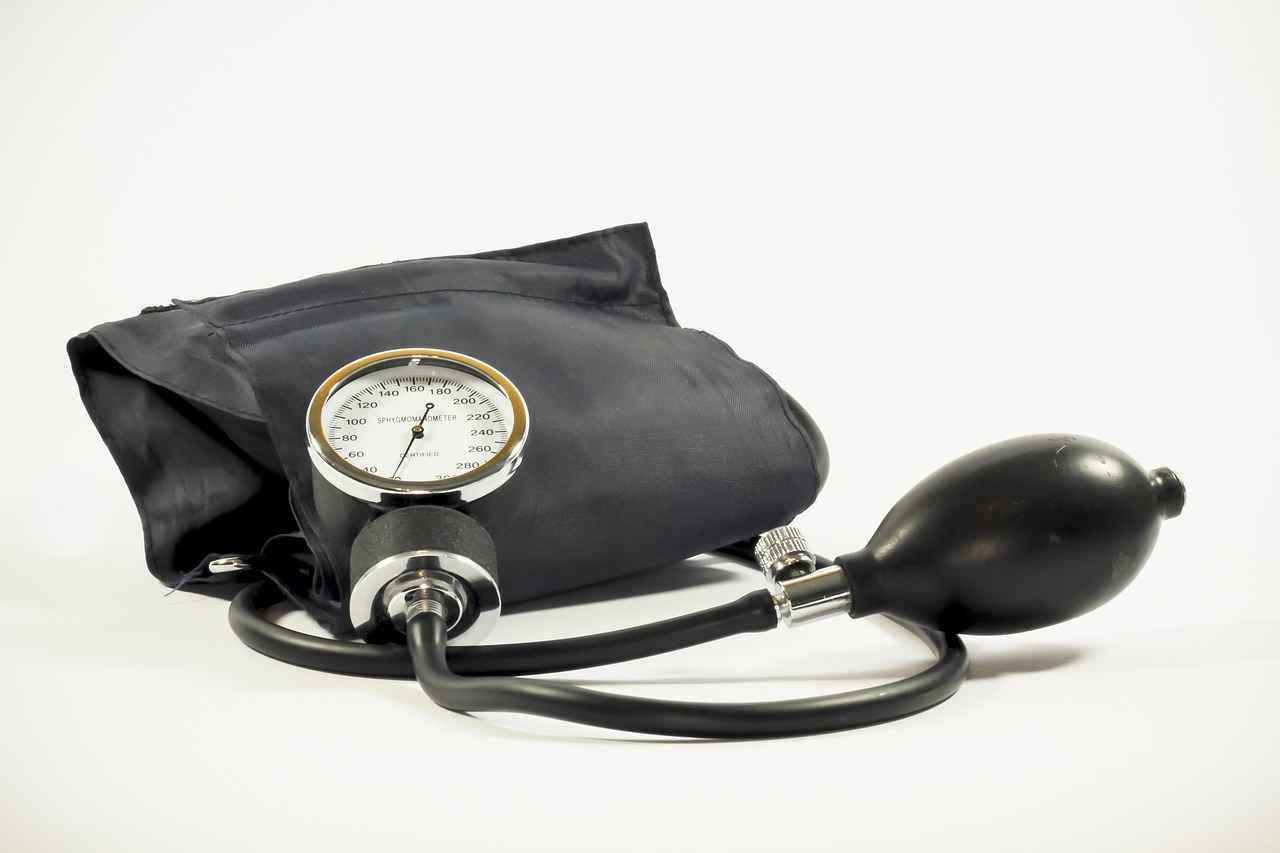
Effects of Water on Blood Sugar Levels
Understanding the is essential for ensuring the accuracy of fasting blood sugar tests. Hydration plays a critical role in various physiological processes, including glucose metabolism, which can significantly impact test results.
When we consume water, it aids in the dilution of blood components, including glucose. This can be particularly important during fasting, where maintaining a proper hydration level can help ensure that blood samples accurately reflect the body’s glucose levels. Hydration affects how our body processes glucose, as water is vital for the proper functioning of cells, including those involved in insulin sensitivity.
During fasting, the body undergoes several metabolic changes. Without food intake, the body relies on stored glucose for energy. This process can be influenced by hydration status. Adequate water intake can enhance blood circulation and support metabolic functions, thereby potentially leading to more stable blood sugar levels during the fasting period.
| Hydration Status | Effect on Blood Sugar |
|---|---|
| Well-hydrated | More stable glucose levels, improved insulin sensitivity |
| Dehydrated | Increased blood glucose levels, impaired glucose metabolism |
Research indicates that dehydration can lead to elevated blood sugar levels. When the body is dehydrated, the concentration of glucose in the blood can increase, leading to skewed test results. This is due to the body’s stress response, which can cause the release of glucose into the bloodstream. Therefore, staying hydrated before a fasting blood sugar test is crucial for obtaining accurate results.
Additionally, the kidneys play a vital role in regulating blood sugar levels and fluid balance. Adequate hydration supports kidney function, which is essential for filtering blood and maintaining glucose homeostasis. When dehydrated, the kidneys may struggle to perform these functions effectively, further complicating glucose regulation.
- Hydration enhances insulin sensitivity: Proper hydration can improve how effectively the body responds to insulin, the hormone responsible for regulating blood sugar levels.
- Water aids in digestion: Staying hydrated helps maintain digestive health, which is crucial for nutrient absorption and metabolic processes.
- Prevents dehydration-related complications: Dehydration can lead to complications such as dizziness and fatigue, which can affect overall health and well-being during fasting.
In conclusion, understanding how water influences blood sugar levels is essential for accurate fasting blood sugar tests. Proper hydration supports metabolic processes, enhances insulin sensitivity, and ensures that blood samples reflect true glucose levels. Therefore, individuals preparing for a fasting blood sugar test should prioritize adequate water intake to improve the accuracy of their results.
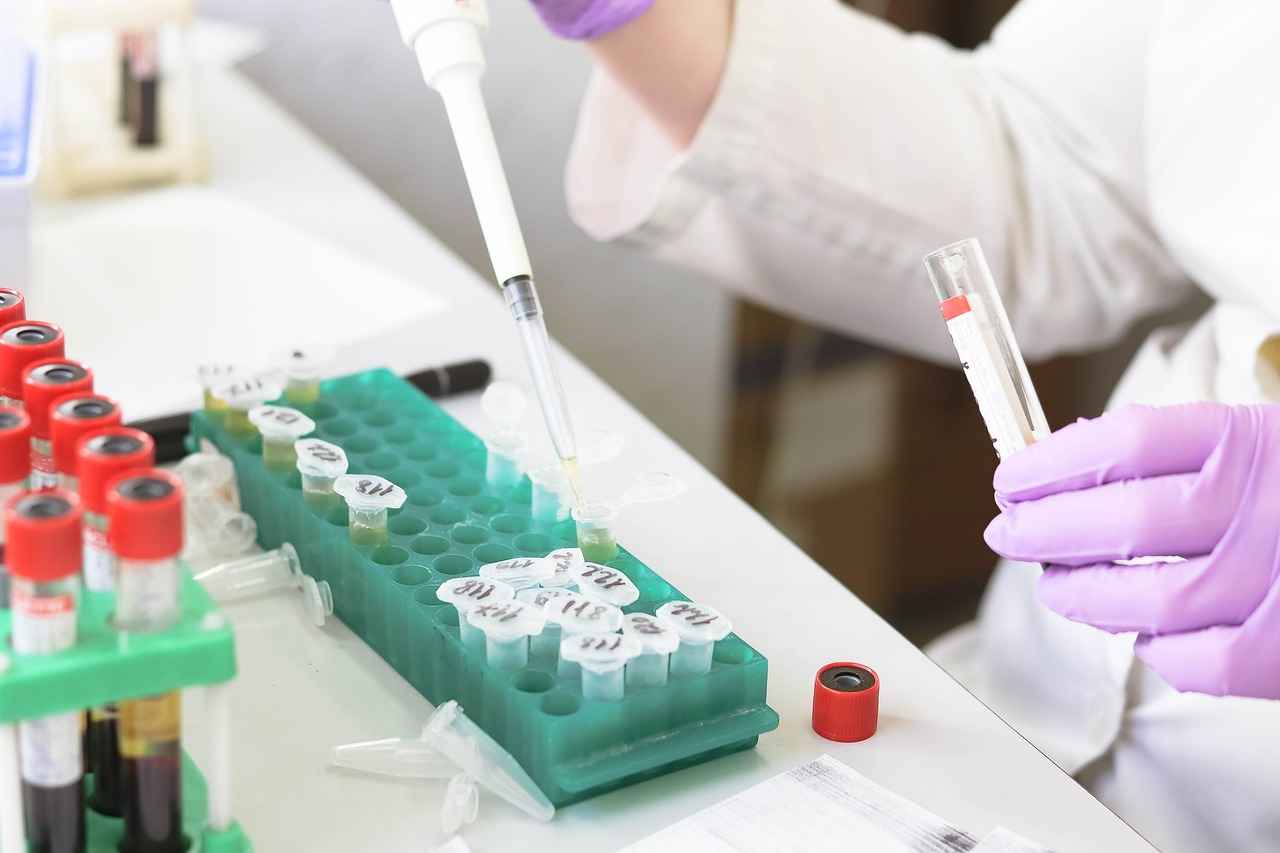
Expert Recommendations on Water Intake
When preparing for a fasting blood sugar test, understanding water consumption guidelines is crucial. Medical professionals often emphasize the importance of hydration, yet there are specific recommendations regarding water intake before these tests. This section aims to clarify expert opinions and provide practical advice for individuals looking to optimize their test results.
According to leading health organizations, staying hydrated is generally encouraged before a fasting blood sugar test. Water does not contain calories or carbohydrates, which means it is unlikely to interfere with the accuracy of test results. However, the quantity and timing of water consumption can play significant roles.
- Pre-Test Hydration: Experts recommend drinking adequate amounts of water in the days leading up to the test. This practice ensures that individuals are well-hydrated, which can help maintain normal physiological functions during the fasting period.
- Day of the Test: On the morning of the test, most healthcare providers suggest that individuals can drink a small amount of water. This allows for a comfortable fasting experience without risking dehydration.
- Timing Matters: It is advisable to stop drinking water at least one hour before the test to minimize the risk of potential dilution of blood samples.
Many healthcare professionals also advise against consuming any flavored or sweetened beverages, as these can introduce sugars that may affect blood glucose readings. Plain water is the best choice to ensure accurate results.
Additionally, individuals with specific health conditions, such as kidney disease or heart issues, should consult their healthcare provider regarding water intake before fasting tests. These conditions may require tailored recommendations to avoid complications.
In summary, while hydration is essential, it is crucial to follow expert advice on water consumption to ensure accurate fasting blood sugar test results. By adhering to these guidelines, individuals can prepare effectively and contribute to their overall health management.
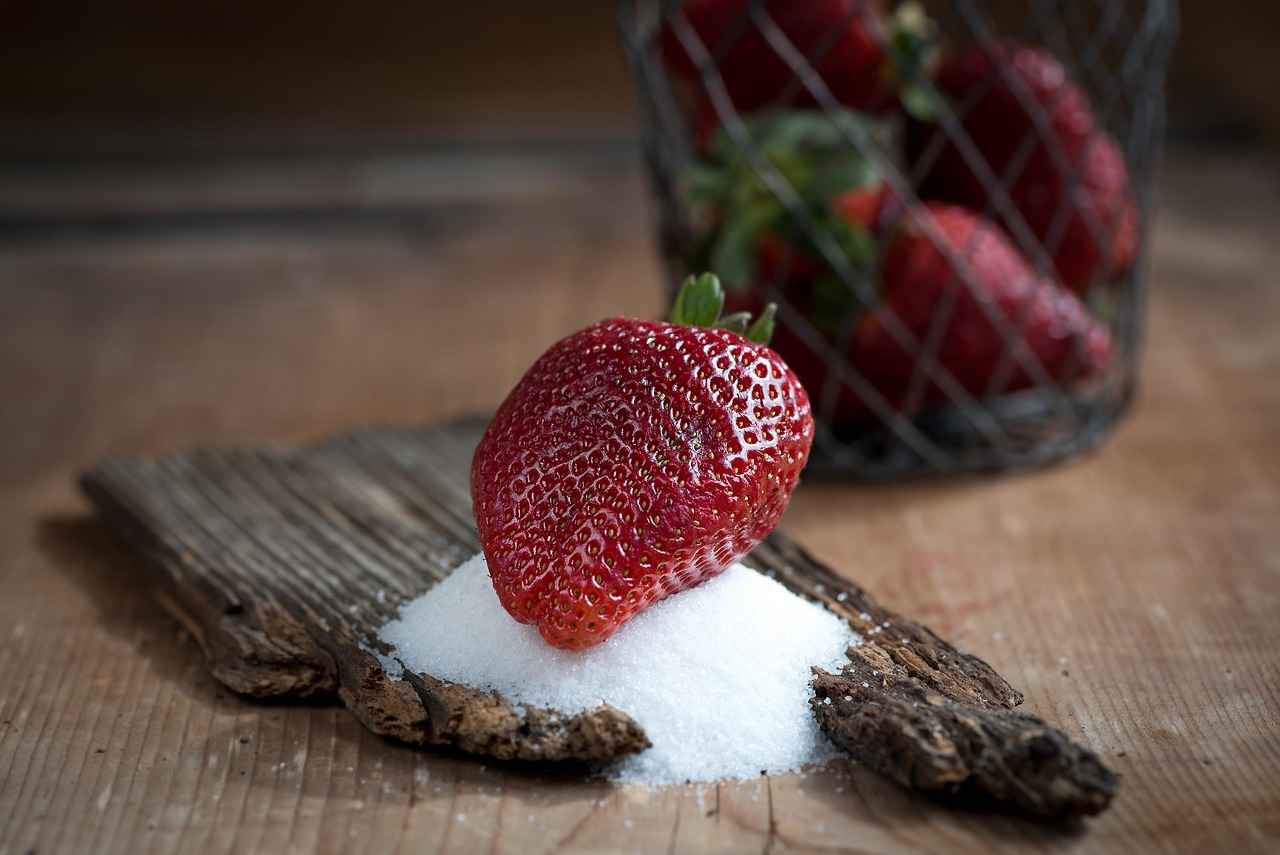
Common Myths About Fasting and Water
When it comes to fasting, particularly in preparation for a blood sugar test, there are numerous misconceptions that can lead to confusion and anxiety. Understanding the facts surrounding water intake during fasting is crucial for anyone preparing for this important test. Below, we will debunk some of the most prevalent myths and clarify what is acceptable before a fasting blood sugar test.
- Myth 1: You cannot drink any water while fasting.
- Myth 2: Drinking water will raise your blood sugar levels.
- Myth 3: All fluids are acceptable during fasting.
- Myth 4: Fasting means complete deprivation of food and drink.
- Myth 5: Hydration is not important before a fasting test.
Many believe that any intake of water will compromise the fasting state. However, drinking water is generally permitted and can actually be beneficial. Staying hydrated helps maintain normal bodily functions and does not significantly impact blood sugar levels.
This is a common concern among individuals preparing for fasting blood tests. The truth is, pure water does not contain calories or carbohydrates, which means it does not raise blood sugar levels. In fact, hydration can support the body’s metabolic processes.
While water is typically safe, not all beverages are advisable. Avoid sugary drinks, coffee, and tea that contain additives, as they can interfere with test results. Stick to plain water to ensure the most accurate readings.
Fasting for blood tests usually means abstaining from food but does not necessarily mean you cannot drink water. It is important to differentiate between fasting for blood tests and other types of fasting that may have stricter guidelines.
On the contrary, hydration plays a critical role in preparing for a fasting blood sugar test. Proper hydration can help facilitate blood flow and make the blood draw easier.
In summary, understanding the facts about water consumption during fasting can help alleviate unnecessary concerns. It is essential to stay hydrated, but be mindful of what you drink. Always consult with your healthcare provider for personalized advice regarding fasting and water intake before your blood sugar test.
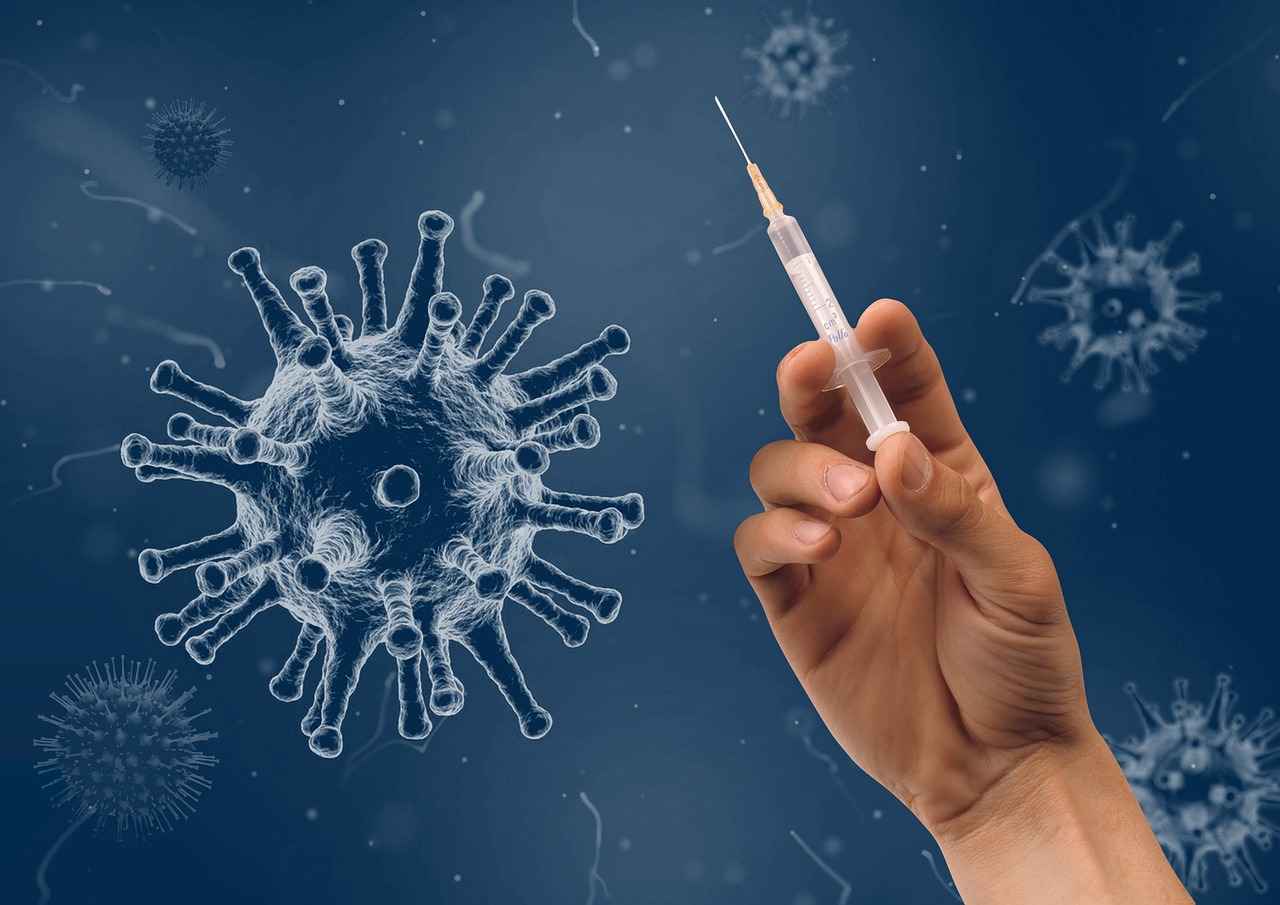
Preparing for Your Fasting Blood Sugar Test
Proper preparation is essential for enhancing the accuracy of your fasting blood sugar test results. This section provides practical tips to ensure you are well-prepared for the test, including guidelines for water consumption and other important considerations.
Understanding the Importance of Preparation
Preparation for a fasting blood sugar test involves more than just abstaining from food. It is crucial to understand that your body’s state before the test can significantly influence the results. A well-prepared individual can provide a more accurate representation of their blood glucose levels, aiding healthcare professionals in making informed decisions regarding diagnosis and treatment.
Water Consumption Guidelines
- Stay Hydrated: It is generally recommended to drink water before your fasting blood sugar test. Staying hydrated helps maintain your bodily functions and can make it easier for the healthcare provider to draw blood.
- Amount of Water: Aim to drink moderate amounts of water, typically around 8 ounces, unless your doctor advises otherwise. Avoid excessive consumption, as it may lead to discomfort during the test.
- Timing: Try to drink water at least an hour before your test to allow for proper hydration without feeling overly full.
Other Preparatory Steps
- Review Medication: Consult your healthcare provider regarding any medications you are taking. Some medications may need to be paused or adjusted before the test.
- Avoid Alcohol and Caffeine: It’s advisable to avoid alcoholic beverages and caffeine at least 24 hours before the test, as these substances can affect your blood sugar levels.
- Maintain a Normal Diet: In the days leading up to the test, maintain a balanced diet without drastic changes. This helps ensure that your blood sugar levels are stable.
What to Expect on Test Day
On the day of the test, arrive at the testing facility on time. Ensure you have followed all preparation guidelines, including your water intake. The healthcare provider will typically take your blood sample after confirming your fasting status. It’s normal to feel a small pinch during the blood draw, but the process is quick and straightforward.
Post-Test Considerations
After the test, it is essential to rehydrate and eat a balanced meal to restore your energy levels. Consult your healthcare provider for specific dietary recommendations based on your test results.
In summary, proper preparation for your fasting blood sugar test, including appropriate water consumption and adherence to dietary guidelines, can significantly enhance the accuracy of your results. By following these recommendations, you can ensure that you contribute to a clearer understanding of your health status.

When to Avoid Drinking Water
While water consumption is generally permitted before a fasting blood sugar test, there are specific scenarios where it may be advisable to abstain from drinking water entirely. Understanding these exceptions is crucial for ensuring optimal test results and accurate assessments of your blood glucose levels.
In most cases, hydration is essential for overall health. However, certain medical conditions or testing protocols may necessitate avoiding water. Here are some situations where you should consider refraining from drinking water:
- Pre-Procedure Guidelines: Some medical facilities may have specific instructions regarding water intake prior to a fasting blood sugar test. Always follow your healthcare provider’s recommendations, as they may vary based on the test’s purpose.
- Diagnostic Imaging: If you are scheduled for additional diagnostic tests, such as an ultrasound or CT scan, your doctor may instruct you to avoid drinking water to ensure clear imaging results.
- Specific Medical Conditions: Individuals with certain health issues, such as kidney disease or severe dehydration, may be advised against consuming water before the test. This is to prevent any potential complications or skewed results.
- Medication Interactions: If you are taking medications that require an empty stomach or have specific instructions regarding hydration, it is essential to adhere to these guidelines to avoid any adverse effects on your test results.
- Blood Sample Integrity: In rare cases, excessive water intake might dilute blood samples, potentially leading to inaccurate readings. If you suspect this could be an issue, consult your healthcare provider.
It is important to note that the primary goal of fasting blood sugar tests is to obtain accurate measurements of your blood glucose levels. If you are unsure whether you should drink water before your test, it is best to consult with your healthcare provider. They can provide personalized advice based on your medical history and the specifics of the test.
In summary, while hydration is generally encouraged, there are exceptions where avoiding water may be necessary. Always prioritize your health and follow your healthcare provider’s instructions to ensure the most accurate testing outcomes.

Hydration and Overall Health
Hydration plays a vital role in maintaining overall health, and its importance cannot be overstated, especially when preparing for a fasting blood sugar test. Many individuals may overlook the necessity of adequate fluid intake, but understanding its benefits can significantly impact both health and test outcomes.
Water is essential for a multitude of bodily functions. It aids in regulating body temperature, transporting nutrients, and removing waste. When the body is well-hydrated, it operates more efficiently, which is crucial during any fasting period. This is particularly relevant for those undergoing blood sugar testing, as hydration can influence test results.
Staying hydrated before a fasting test helps maintain optimal blood circulation. Proper circulation ensures that blood samples taken during the test are representative of the body’s true glucose levels. Dehydration, on the other hand, can lead to concentrated blood, potentially skewing results and leading to inaccurate diagnoses.
Moreover, hydration is linked to cognitive function. Studies have shown that even mild dehydration can impair concentration and cognitive performance. This is particularly important for individuals who may feel anxious or stressed about their upcoming tests. Staying hydrated can help alleviate some of this anxiety, promoting a clearer mindset.
In addition to its immediate benefits related to blood sugar testing, hydration contributes to long-term health. Regular water intake supports kidney function, aids digestion, and can even assist in weight management. For those at risk of diabetes, maintaining a healthy weight is crucial, and hydration plays a significant role in metabolic processes.
It’s also worth noting that hydration needs can vary based on factors such as age, activity level, and climate. For instance, individuals who are physically active or live in warmer climates may require more fluids. Therefore, it’s important to listen to your body and adjust water intake accordingly.
To ensure proper hydration, consider the following tips:
- Drink water consistently throughout the day rather than consuming large amounts at once.
- Incorporate water-rich foods into your diet, such as fruits and vegetables.
- Avoid excessive caffeine or alcohol, as these can lead to dehydration.
- Keep a water bottle handy to remind yourself to drink regularly.
While hydration is generally beneficial, there are instances where excessive water consumption can lead to water intoxication, a rare but serious condition. This occurs when the balance of electrolytes in the body is disrupted due to an overload of water intake. Therefore, it is essential to find a balance and consult with a healthcare provider if unsure about personal hydration needs.
In summary, staying hydrated is not just about preparing for a fasting blood sugar test; it is a cornerstone of overall health. Proper hydration supports bodily functions, enhances cognitive performance, and can lead to more accurate test results. By prioritizing hydration, individuals can take an important step towards better health and well-being.
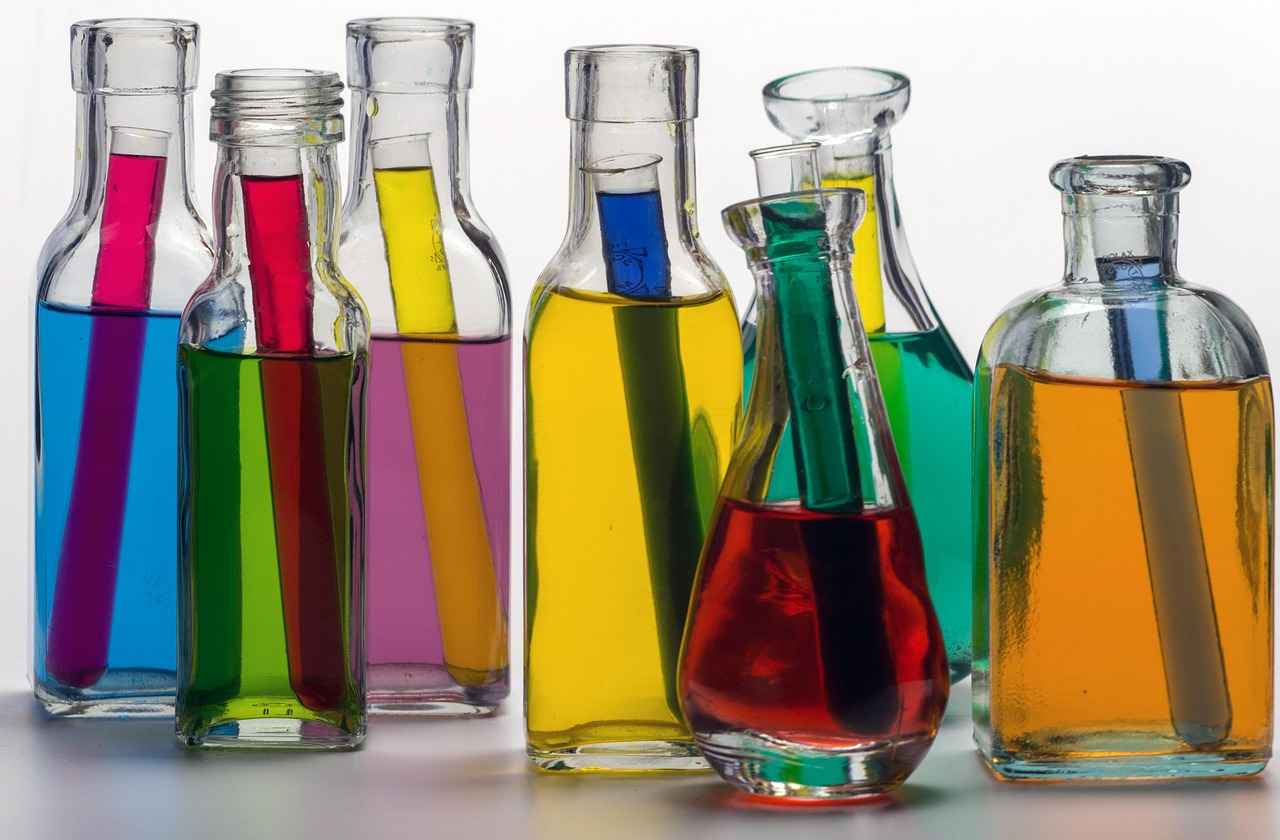
Potential Risks of Dehydration
Dehydration is a condition that occurs when the body loses more fluids than it takes in. It can significantly impact health, particularly during periods of fasting, such as before a fasting blood sugar test. Understanding the is crucial for maintaining optimal health and ensuring accurate test results.
During fasting, the body undergoes various metabolic changes, and adequate hydration is essential to support these processes. When the body is dehydrated, it can lead to several health risks, including:
- Impaired Blood Sugar Regulation: Dehydration can affect the body’s ability to regulate blood sugar levels. This can lead to inaccurate fasting blood sugar test results, potentially resulting in misdiagnosis or inappropriate treatment.
- Increased Risk of Kidney Stones: Insufficient fluid intake can concentrate minerals in the urine, increasing the risk of kidney stones. This is particularly concerning for individuals with a history of kidney issues.
- Electrolyte Imbalance: Dehydration can lead to an imbalance of electrolytes, which are vital for muscle function and overall cellular processes. This imbalance can result in symptoms such as fatigue, muscle cramps, and confusion.
- Decreased Cognitive Function: Even mild dehydration can impair cognitive function, leading to difficulties in concentration and decision-making. This can be particularly detrimental for individuals who need to prepare for important tests or medical evaluations.
- Increased Heart Rate: Dehydration can cause the heart to work harder to pump blood, leading to an increased heart rate. This can be especially concerning for individuals with pre-existing cardiovascular conditions.
Moreover, dehydration can exacerbate feelings of fatigue and malaise, which may further complicate the fasting process. It is essential to recognize that the body’s hydration status can significantly influence metabolic functions, including glucose metabolism. When preparing for a fasting blood sugar test, it is critical to maintain adequate hydration levels to ensure that the results are as accurate as possible.
To mitigate the risks associated with dehydration, individuals should consider the following recommendations:
- Stay Hydrated: Aim to drink an adequate amount of water in the days leading up to the test. This will help ensure that your body is well-hydrated.
- Avoid Excessive Caffeine and Alcohol: Both substances can contribute to dehydration. It’s advisable to limit their intake before fasting.
- Monitor Fluid Intake: Keep track of how much water you consume, especially if you are fasting for an extended period.
- Consult with Healthcare Providers: If unsure about hydration practices before a fasting test, seek guidance from a medical professional.
In summary, dehydration poses significant risks, particularly during fasting, which can lead to inaccurate blood sugar measurements and other health complications. By understanding these risks and implementing strategies to stay hydrated, individuals can enhance their overall health and ensure more reliable fasting blood sugar test results.
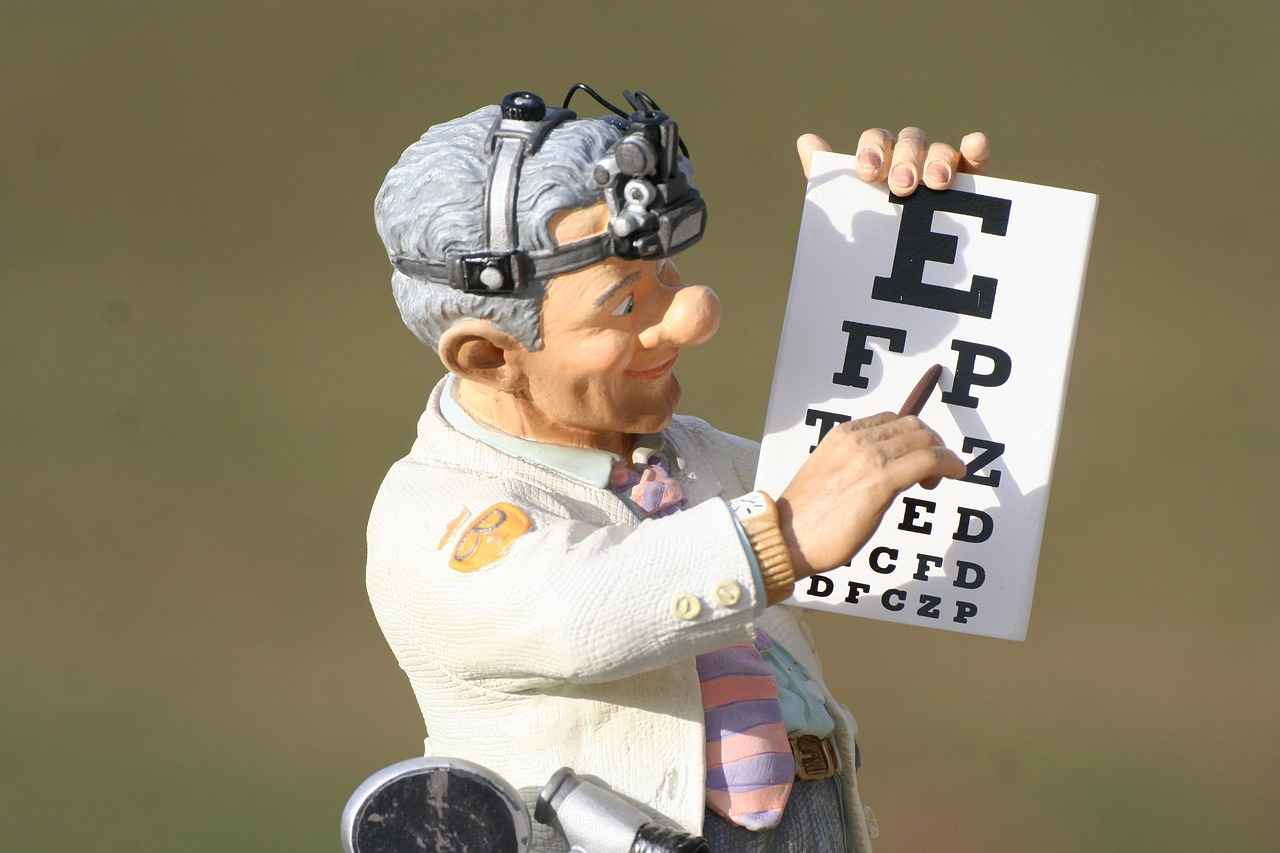
What to Expect During the Test
When preparing for a fasting blood sugar test, understanding the process can significantly reduce anxiety and help you feel more at ease. This section outlines what you can expect during the test, including the important role of hydration.
The fasting blood sugar test is a straightforward procedure that typically lasts only a few minutes. Upon arrival at the testing facility, you will be greeted by a healthcare professional who will guide you through the process. It is essential to arrive on time, especially if you have been instructed to fast for a specific duration, usually 8 to 12 hours prior to the test.
Before the test begins, the healthcare provider will usually ask you a few questions regarding your medical history and any medications you are currently taking. This information is vital as it can affect the test results. Make sure to be honest and comprehensive in your responses.
Next, you will be asked to sit comfortably in a designated area. The healthcare professional will prepare to draw blood, typically from a vein in your arm. You may feel a brief pinch or sting when the needle is inserted, but this sensation usually subsides quickly. The amount of blood drawn is minimal, and the entire process is over in a matter of moments.
During the fasting period leading up to the test, hydration plays a crucial role. It is generally encouraged to drink water unless specifically advised otherwise by your healthcare provider. Staying hydrated can make the blood draw easier and more comfortable, as it helps to keep your veins plump and accessible. However, it’s important to note that any other beverages, especially those containing calories or sugar, should be avoided.
After the blood sample is collected, you may be asked to wait for a short period while the laboratory processes your sample. This waiting period can vary depending on the facility, but it typically lasts from a few minutes to an hour. During this time, it’s a good opportunity to relax, read, or engage in light conversation with the staff.
Once the test is completed, you will receive instructions regarding post-test care. It’s essential to follow these guidelines, especially concerning hydration and dietary intake. Many healthcare providers recommend drinking water and consuming a balanced meal after the test to help restore your energy levels and maintain optimal health.
In conclusion, knowing what to expect during a fasting blood sugar test can alleviate much of the anxiety associated with the procedure. From the initial check-in to the blood draw and post-test recommendations, being informed allows you to approach the test with confidence. Remember, staying hydrated is not only beneficial for your test but is also a key component of overall health.

Post-Test Recommendations
After undergoing a fasting blood sugar test, it is crucial to prioritize proper care to ensure optimal recovery and accurate interpretation of results. This section outlines essential guidelines for what to do following the test, focusing on hydration and dietary considerations.
Hydration is Key
Once the fasting blood sugar test is completed, rehydrating your body is vital. Drinking water helps replenish fluids lost during the fasting period and supports overall metabolic functions. It is advisable to consume at least 8 ounces of water shortly after the test to aid in recovery. Staying hydrated can also help alleviate any feelings of dizziness or fatigue that may arise after fasting.
Dietary Considerations
Post-test nutrition plays a significant role in recovery. It is important to consume a balanced meal that includes a mix of carbohydrates, proteins, and healthy fats. This balance helps stabilize blood sugar levels and provides essential nutrients for your body. Consider including foods such as:
- Whole grains (e.g., brown rice, whole wheat bread)
- Lean proteins (e.g., chicken, fish, legumes)
- Healthy fats (e.g., avocados, nuts, olive oil)
- Fruits and vegetables for added vitamins and minerals
Avoid Sugary Foods
While it might be tempting to indulge in sugary snacks or beverages post-test, it is best to avoid high-sugar foods immediately after the test. Consuming these can lead to spikes in blood sugar levels, which may interfere with the results of the test. Instead, focus on nourishing your body with wholesome options.
Listening to Your Body
After the test, it is essential to pay attention to how your body feels. If you experience any unusual symptoms such as prolonged dizziness, nausea, or fatigue, it is advisable to consult with a healthcare professional. These symptoms could indicate a need for further evaluation or care.
Monitoring Your Blood Sugar
If you have a history of blood sugar issues or diabetes, consider monitoring your blood sugar levels after the test to observe how your body responds to your post-test meal. This can provide valuable insights into your glucose metabolism and help in managing your overall health.
Follow-Up with Your Healthcare Provider
Lastly, ensure to follow up with your healthcare provider to discuss the results of your fasting blood sugar test. This conversation is crucial for understanding your health status and determining any necessary next steps or adjustments in your lifestyle or treatment plan.
In summary, after a fasting blood sugar test, focus on rehydrating, eating a balanced meal, avoiding sugary foods, listening to your body, monitoring your blood sugar, and maintaining communication with your healthcare provider. These recommendations will help you recover effectively and support your overall health.
Frequently Asked Questions
- Can I drink water before my fasting blood sugar test?
Yes, you can drink water before your fasting blood sugar test! Staying hydrated is important, and water won’t affect your glucose levels. Just make sure to avoid any flavored or sugary drinks.
- How does water intake affect my blood sugar levels?
Water itself doesn’t raise blood sugar levels. In fact, proper hydration can help your body maintain normal glucose levels. Think of water as the unsung hero of hydration—it helps keep everything running smoothly!
- Are there any situations where I shouldn’t drink water before the test?
While most people can drink water, if your doctor has given specific instructions, it’s best to follow those. Certain medical conditions may require you to abstain from water, so always check with your healthcare provider.
- What should I do if I forget to fast before my test?
If you accidentally eat or drink something other than water, let your healthcare provider know. They might suggest rescheduling your test for more accurate results. It’s always better to be safe than sorry!
- How can I prepare for my fasting blood sugar test?
Preparation is key! Make sure to fast for the recommended time, usually 8-12 hours, and drink plenty of water. Avoid alcohol and heavy meals the night before to ensure the best results.
